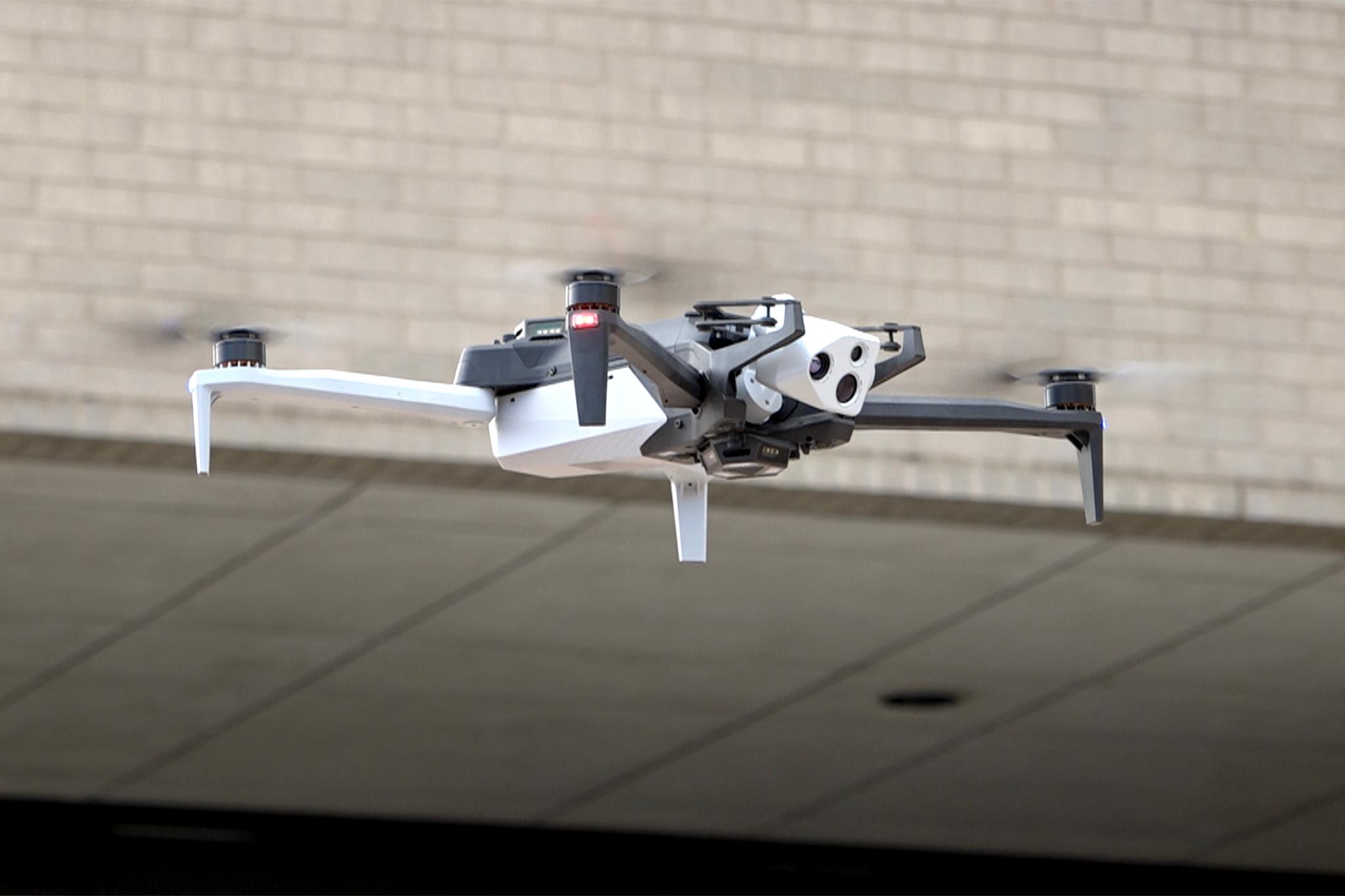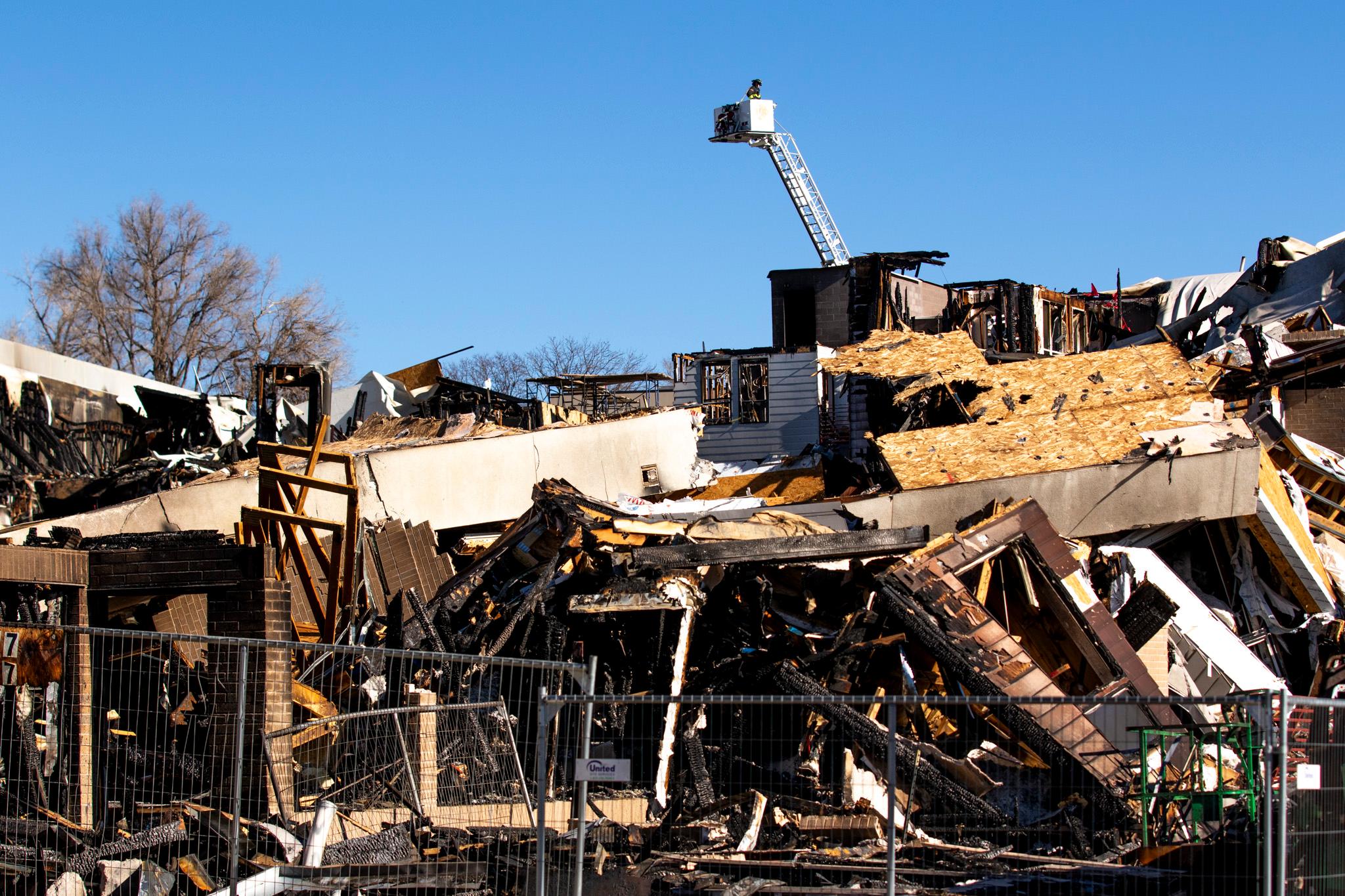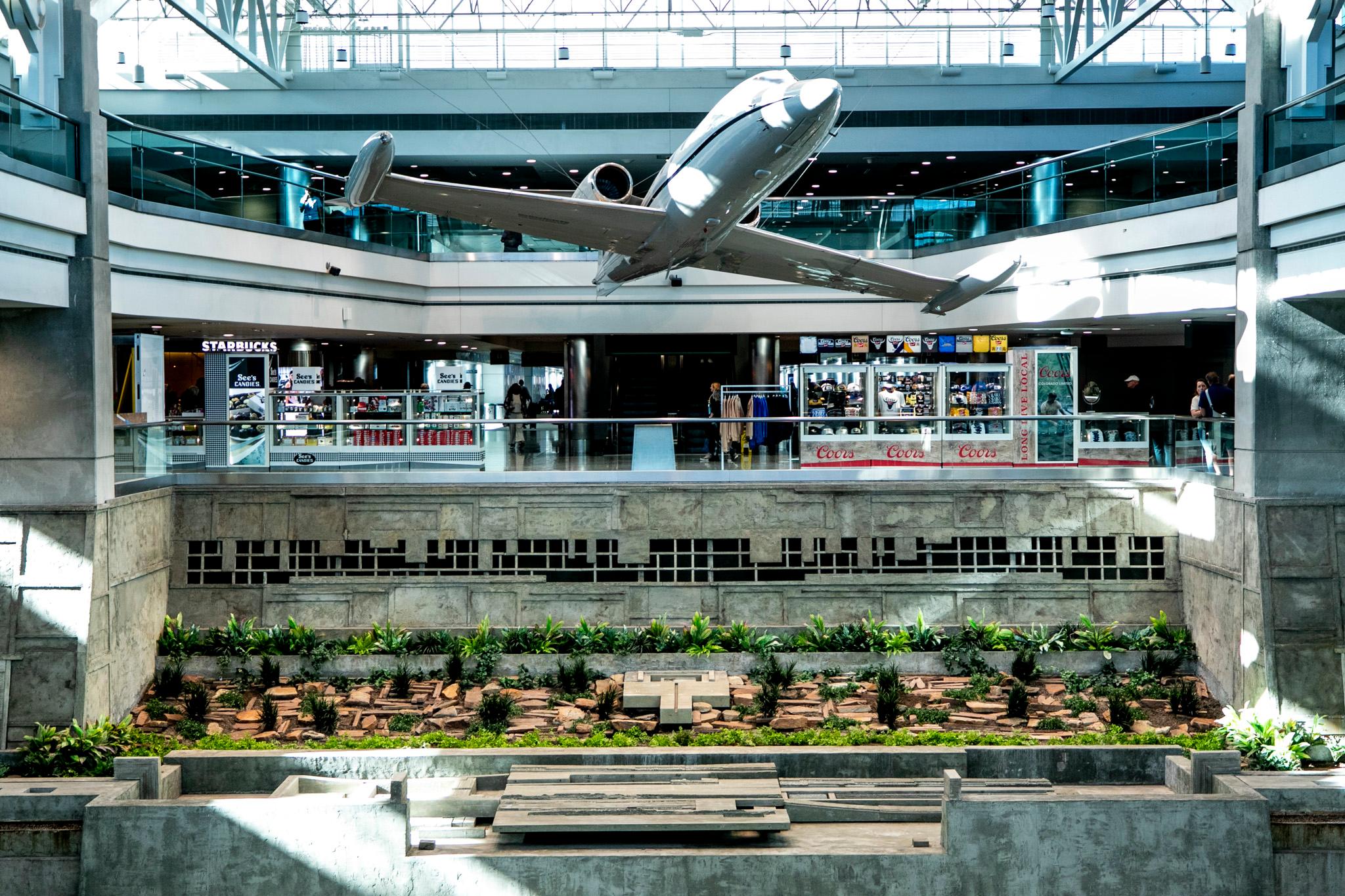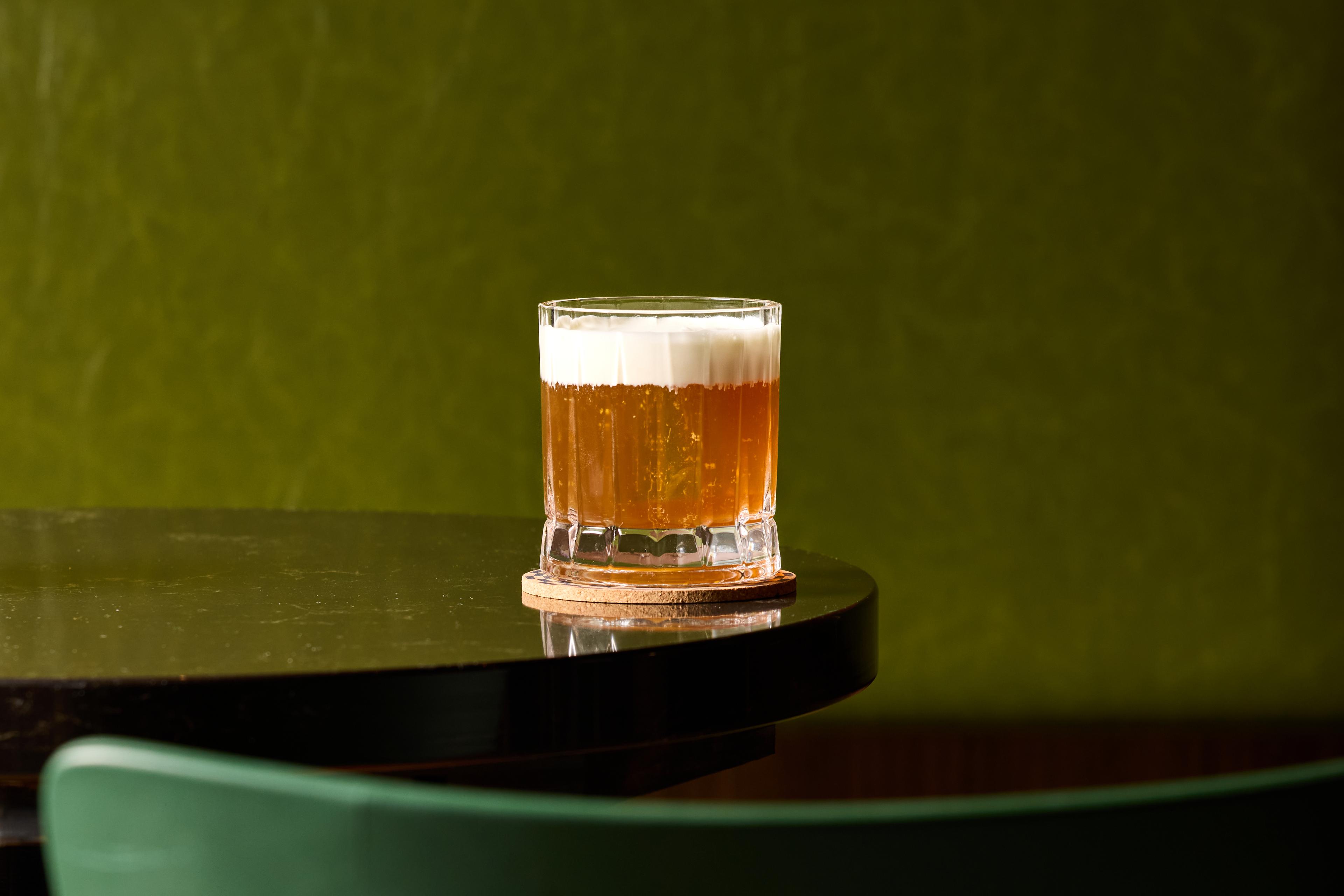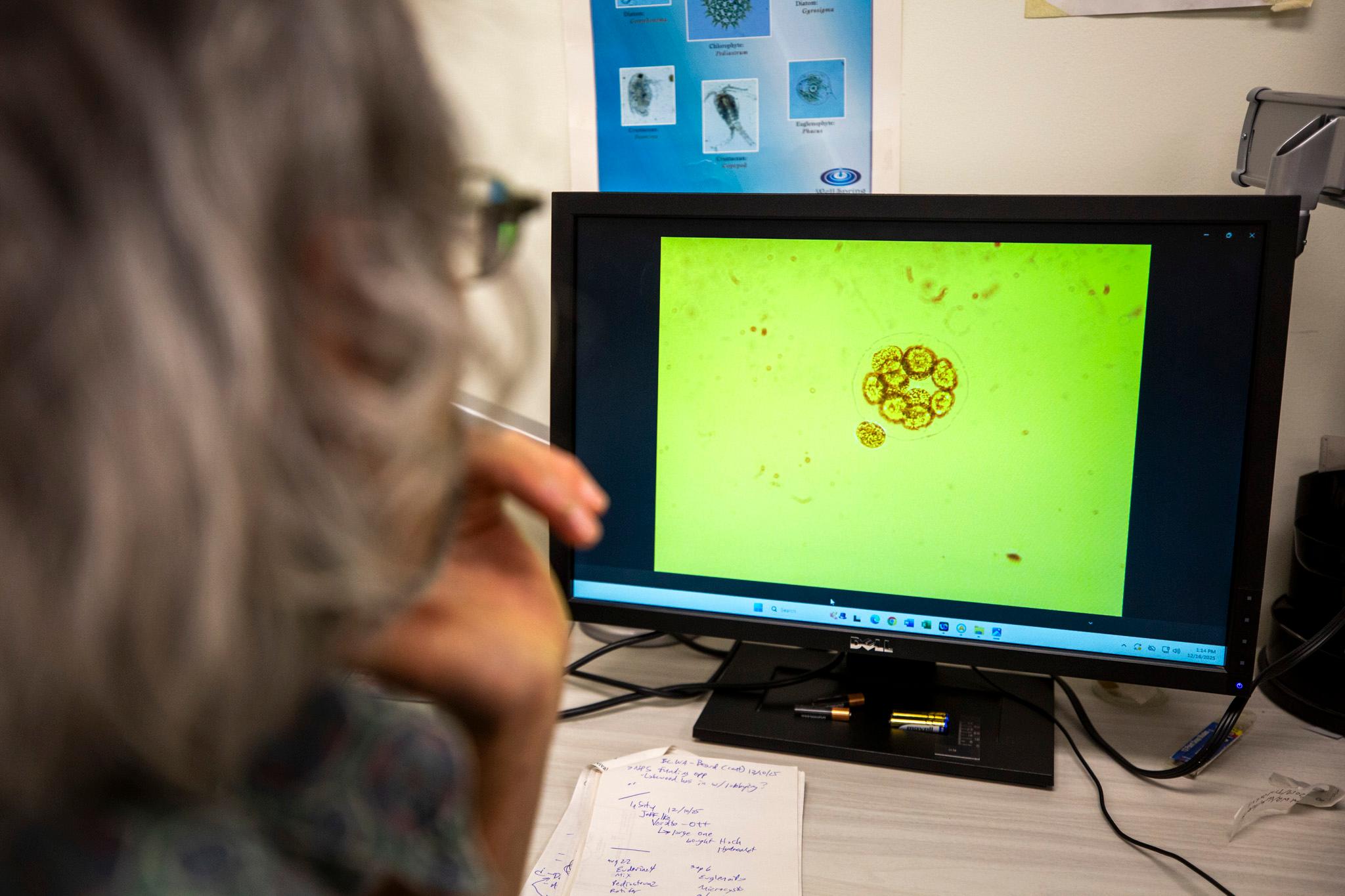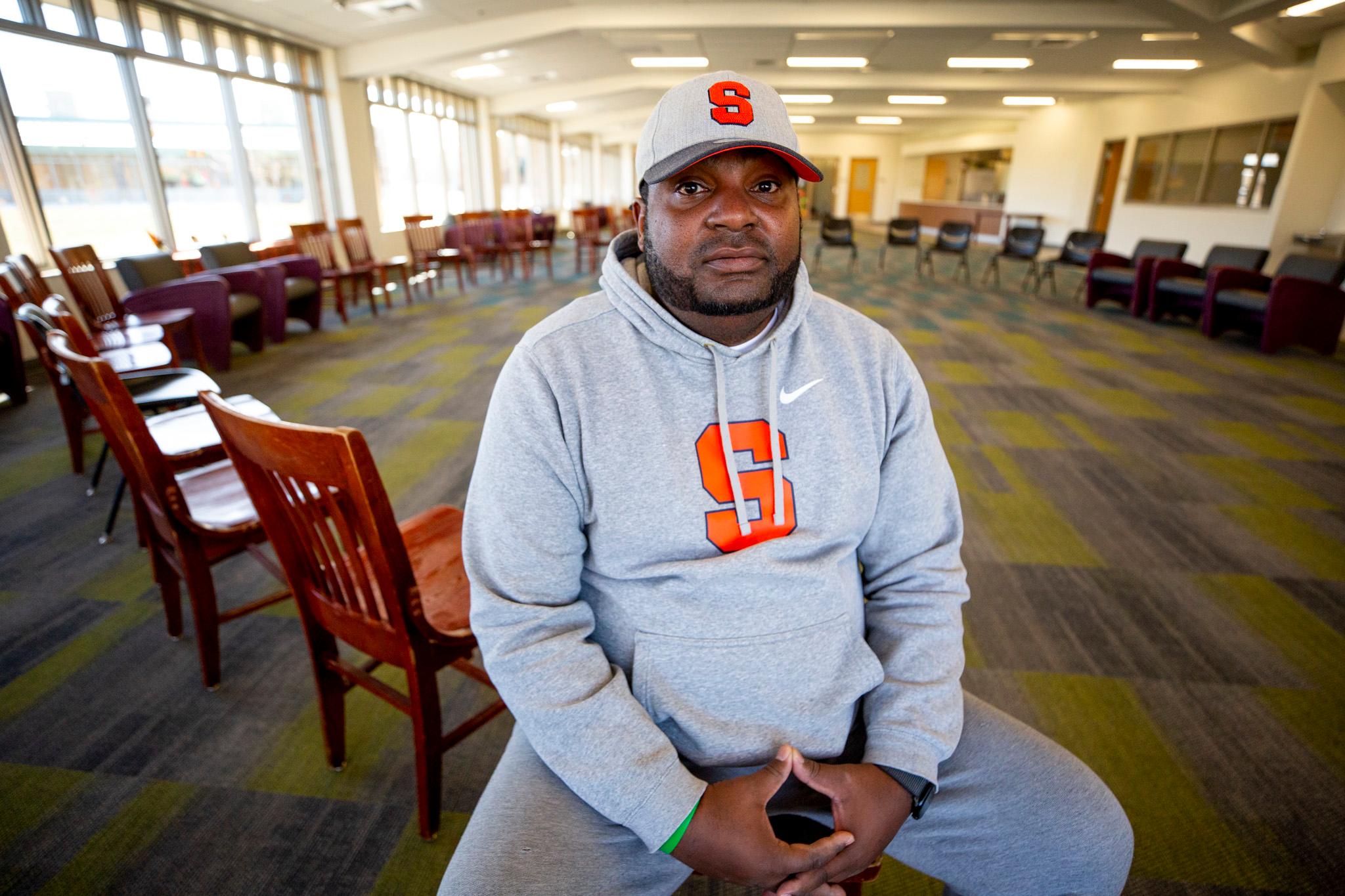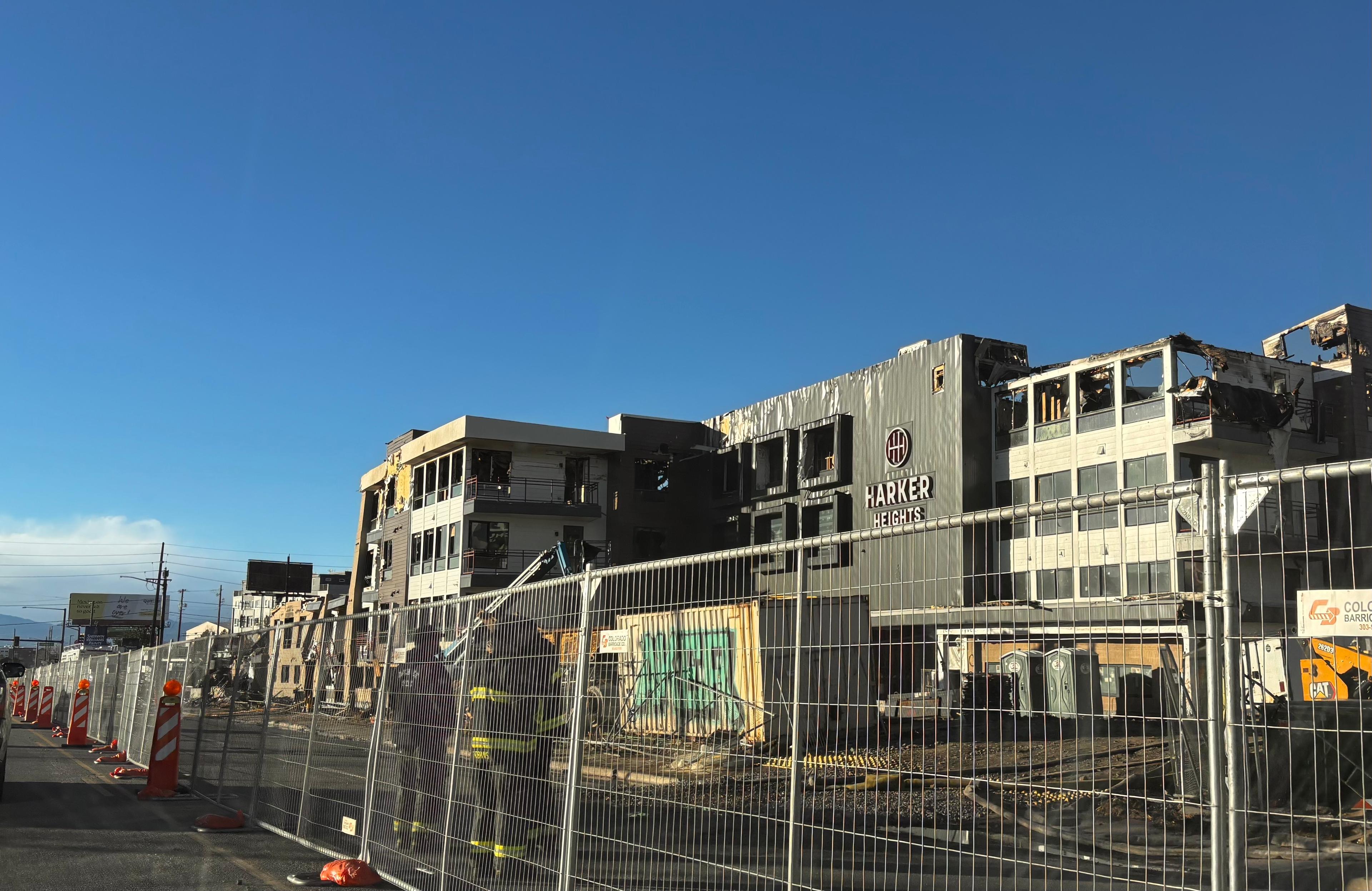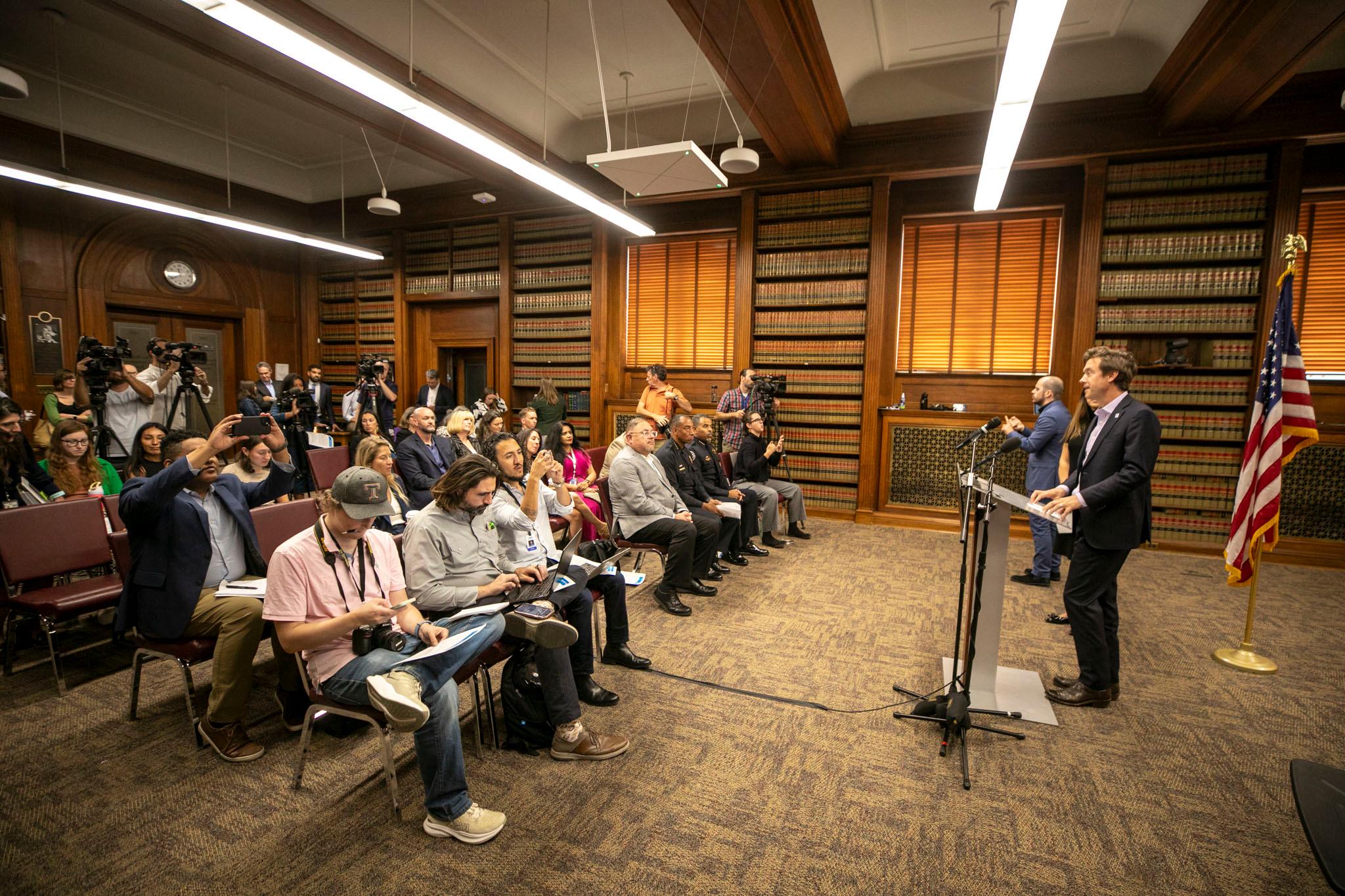Earlier this year, the Denver Police Foundation spent $50,000 on two drones configured for use in law enforcement.
Denver Police Department began using the tech in the field in April.
This week, the department released data on where, when and why they've deployed the remote-controlled flying machines.
The drones have seen action at least 55 times so far.
The drones are not armed. Instead, they're equipped with cameras, providing officers a real-time aerial view.
The drones can be used to search for missing persons, respond to emergencies, document crime and crash scenes, and assist with bomb threats or "high-risk tactical situations," among other uses. In some cases, they might be used to chase suspects.

Records show police have deployed the gear across the city, most often on Denver's west side. In a few cases, a drone was used outside city limits, in Westminster and Bennett, to aid other agencies.
About 65 percent of Denver's drone deployments were to assist in searches for suspects and during investigations. They were used in searches for missing people about 12 percent of the time.
Drone usage raises privacy concerns
The growing use of police drones has drawn concern from the American Civil Liberties Union.
"Interconnected drones could enable mass tracking of vehicles and people in wide areas. Tiny drones could go completely unnoticed while peering into the window of a home or place of worship," the ACLU warned in a recent memo.

The ACLU say that drones have "many beneficial uses." But police should only use them "with a warrant, in an emergency" or for evidence collection linked to a specific criminal act," the organization argued.
While DPD doesn't require a warrant to fly the drones, its policy is to use them only when there's a specific reason to do so.
"We just don't randomly fly over a house and just sit on top of it," said Sgt. Jeremy Cain, head of DPD's remote aviation program, in an interview this week.

Imagery captured by the drones is handled under the same rules as cops' body-worn cameras.
"The Denver Police Department understands and respects the sensitivity towards drones and has safeguards in place to maintain the expectation of privacy. The drones will not be used for surveillance unless it is connected to a case or incident," the department said in a statement.
Police say drones can defuse situations
Overhead drone footage can help officers review an operation in hindsight. But the machines are most helpful for officers trying to understand situations as they walk into them, Cain said.
That's especially true when officers are responding to someone barricaded in a building, a scenario for which they've deployed drones recently.
"If we have that intelligence before, we can afford that person the opportunity to come out and surrender to police, rather than actually [sending officers] into the situation and forcing an encounter," he said. "Just slowing things down and making the correct decision, having that eye in the sky does that."
Denver's not the only city using drones
Other local agencies have used drones for years, and some agencies have considered using them to respond to certain 911 calls, The Denver Post reported in May.
"Most of those organizations out there in the surrounding areas have been utilizing drones since 2017. We're late," Cain said. "But we also wanted to learn best practices and obviously avoid any encumbrances along the way."
The drones aren't DPD's only tech investment. The department unveiled its Boston Dynamics robot dog earlier this month.

